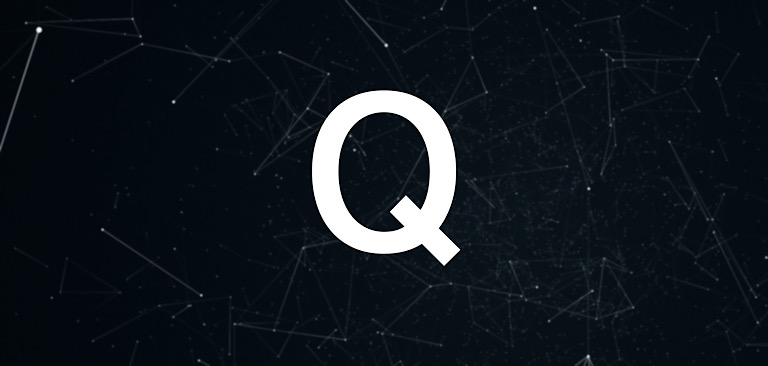Several Facebook employees who were part of a cross-departmental team tasked with tracking QAnon as part of an internal investigation have expressed concerns that QAnon groups won’t be outright banned from the platform.
According to NBC News, which reviewed documents about the investigation and spoke to some of the Facebook employees who are tracking QAnon, Facebook is currently considering banning QAnon ads and removing QAnon Groups and Pages from its search results and recommendations.
The employees told NBC News that they were concerned about Facebook “opting for weaker enforcement actions” instead of completely banning QAnon Groups and also “shared concerns with one another that QAnon could influence the 2020 election.”
QAnon followers are often vocal supporters of President Trump and believe that a high-level government insider or group of insiders are working to take down the Deep State (a group inside the government that promotes its own interests and operates independently of elected officials) and sharing information about their plans online via an anonymous user account named “Q.”
According to NBC News, the QAnon Groups that were subject to this internal investigation have millions of members, meaning that if Facebook does remove them from search and recommendations, some of the largest pro-Trump hubs on the platform would have their organic reach eliminated less than three months before the 2020 US presidential election.
Despite the Facebook employees voicing their concerns over anything less than an outright ban on QAnon Groups, the NBC News report admits that “most groups are dedicated to innocuous content.”
These details on how Facebook may suppress QAnon Groups and Pages come after two Facebook employees revealed last month that the company was planning a crackdown.
At the time, the employees said that Facebook was coordinating with Twitter and other social media platforms and that it would be taking similar steps to Twitter to restrict QAnon content.
Twitter blacklisted QAnon in July by preventing tweets and accounts associated with QAnon from appearing in recommendations, search, and trends and blocking links associated with QAnon. Twitter also purged thousands of QAnon accounts in the weeks leading up to this policy change.
TikTok and Google have also taken action against QAnon with TikTok suppressing QAnon related hashtags and Google removing QAnon apps from its Play Store.
Facebook has yet to officially come out with a policy against QAnon with the details of its potential enforcement actions coming from employees and leaked documents.
However, since May, it has purged several QAnon Groups and Pages under its other rules with some being removed as part of its “internal investigations into coordinated inauthentic behavior ahead of the 2020 election in the US” and one of the largest QAnon Groups being removed for “crossing the lines on bullying and harassment, hate speech, and false information that could lead to harm.”
Not only are the tech giants ramping up their enforcement actions against QAnon less than three months before a presidential election but conservatives are also increasingly concerned that they’re targeting the President directly by deleting his posts, temporarily locking his campaign account, and debating the merits of censoring him in the future based on hypothetical “potentially false statements.”













